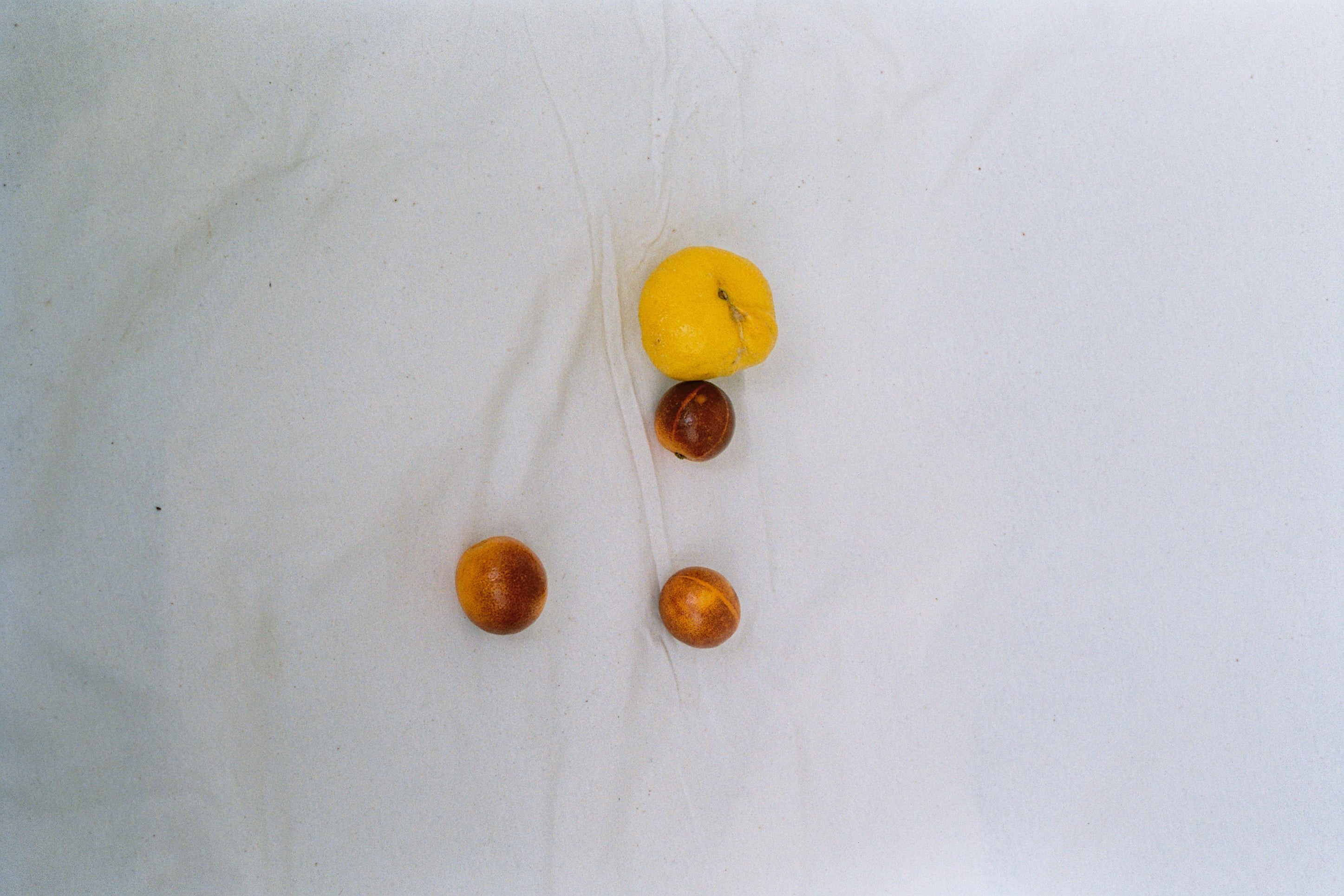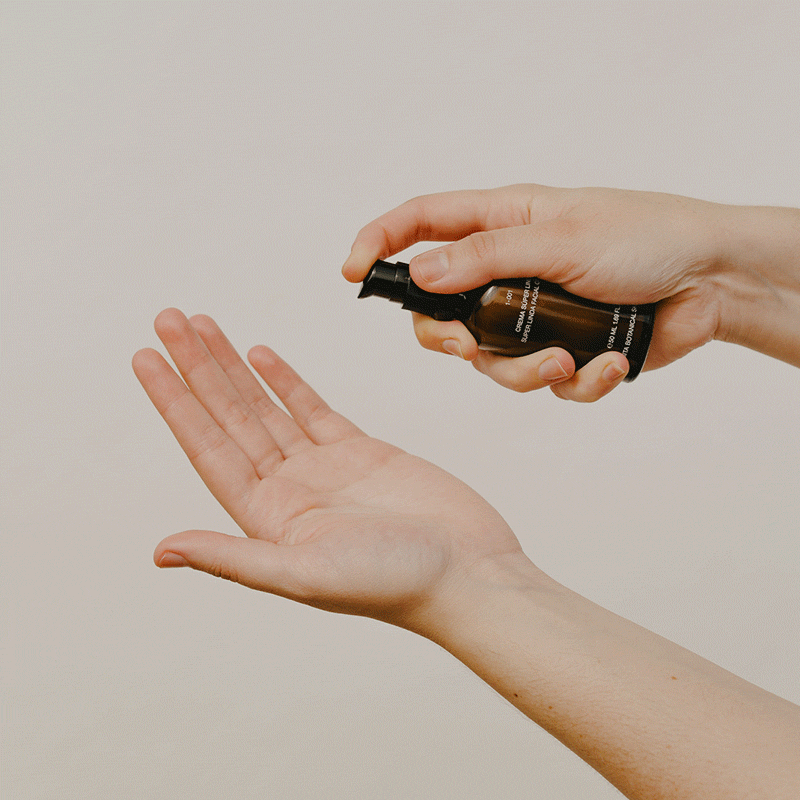
WHAT IS COLLAGEN?
Collagen is one of the most abundant proteins in our body and is found in joints, bones, arteries and in large quantities in the skin.
At the skin level, it provides flexibility, smoothness and helps maintain hydration. Therefore, it is very important to take care of the good condition of collagen to keep the skin wrinkle-free, well hydrated, protected and smooth.
But what is collagen exactly?
It is a complex protein, made up of three main amino acids: glycine, lysine and proline. We have to imagine proteins as a necklace of balls where each ball is a different amino acid. When we ingest them, our body is responsible for separating each of the amino acids and storing them or using them for those that are required. What each amino acid is used will depend on the organic need at that moment, but there is no scientific evidence that by consuming a lot of collagen (or any specific type of protein), more collagen or more of that specific protein will be formed.
What we should consume are sufficient quantities of the amino acids that are part of the collagen cell chain, which, apart from proteins of animal origin, are found in legumes, seeds, nuts (proline), spinach, legumes, soybeans, cabbages ( glycine), legumes and soy (lysine).
What we do know is that there is a fundamental vitamin in collagen synthesis: vitamin C. This vitamin is involved in various parts of the collagen generation process and the transition from procollagen to collagen. So if we have low levels of vitamin C it will not be generated correctly.
To do this we must eat plenty of citrus fruits, red pepper, red fruits or papaya. It is also an antioxidant vitamin, so it will protect the skin from the action of free radicals. It is especially important in smokers, since the levels of this vitamin drop drastically with tobacco.
Taking care of good collagen formation will also be important during menopause, since estrogens have a stimulating effect on the formation of this protein. This is why during menopause it is even more important to take care of the skin, both internally and externally, and to ensure a good intake of vitamin C.
Bibliography ⁃ Tuero BB. Functions of Vitamin C in Collagen Metabolism. Cuban Magazine of Food and Nutrition [Internet]. 2000 Jan [cited 2020 Mar 24];14(1):46. Available from: http://search.ebscohost.com/login.aspx? direct=true&db=a9h&AN=5727939&lang=enRodrigues Hoffmann



Leave a comment
This site is protected by hCaptcha and the hCaptcha Privacy Policy and Terms of Service apply.